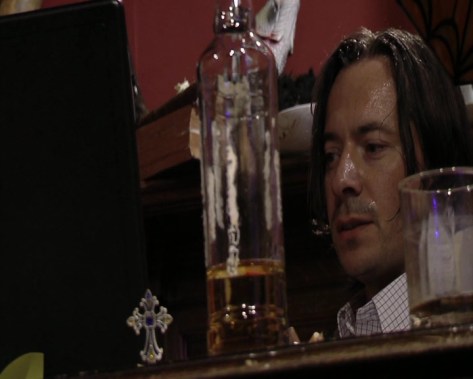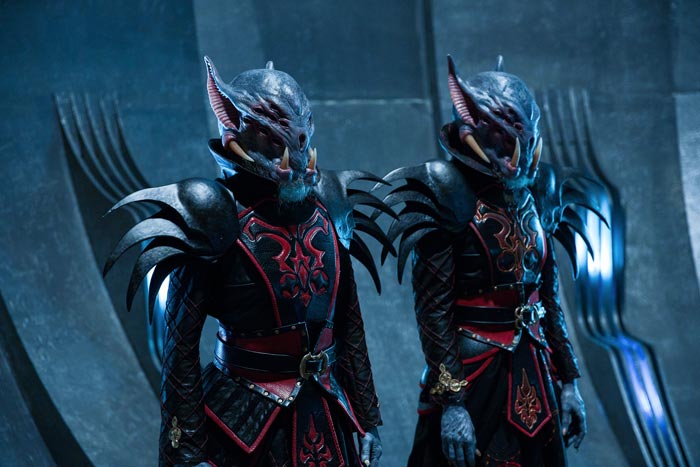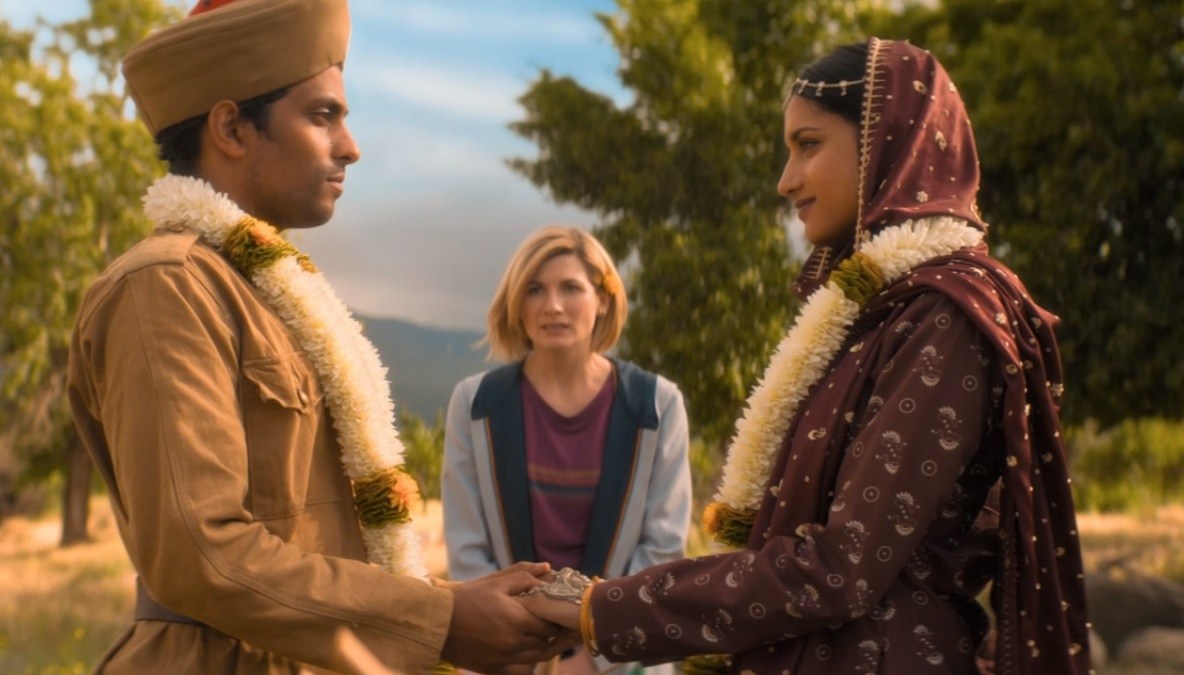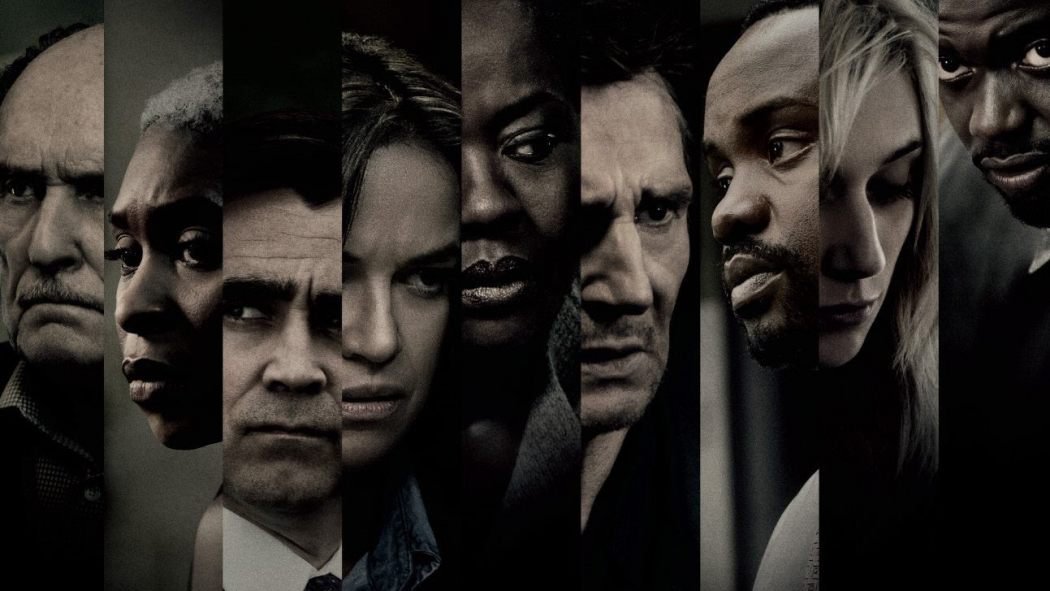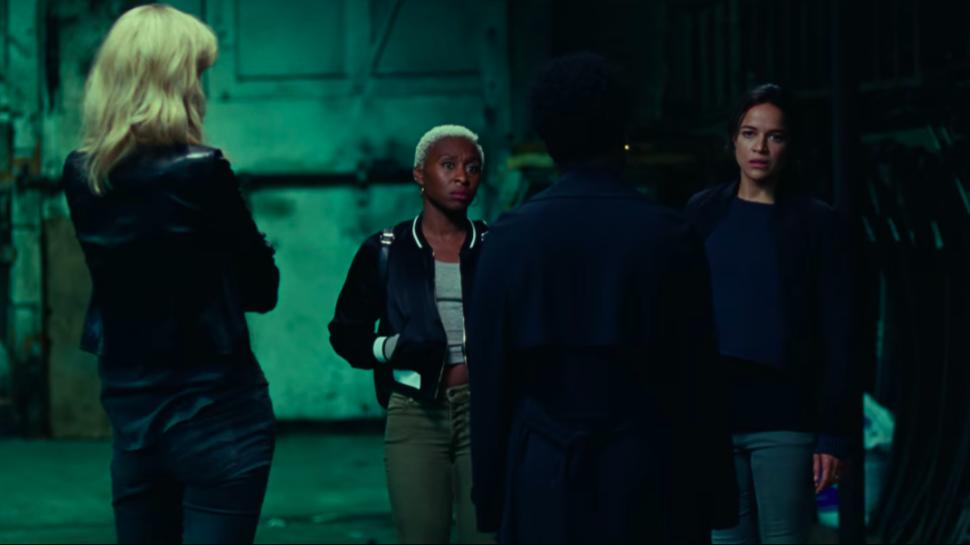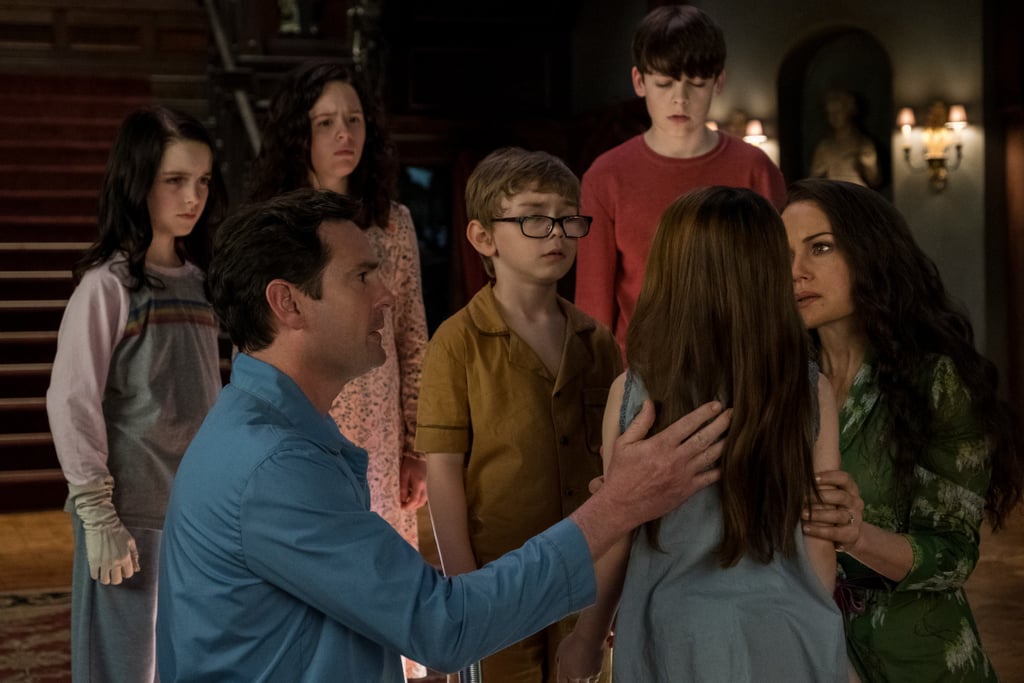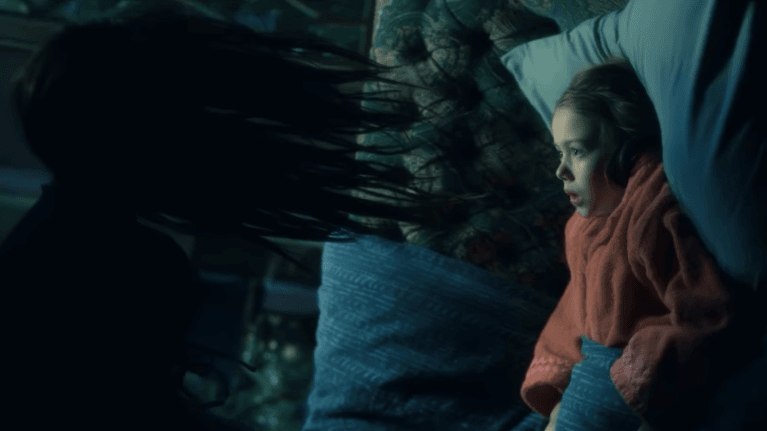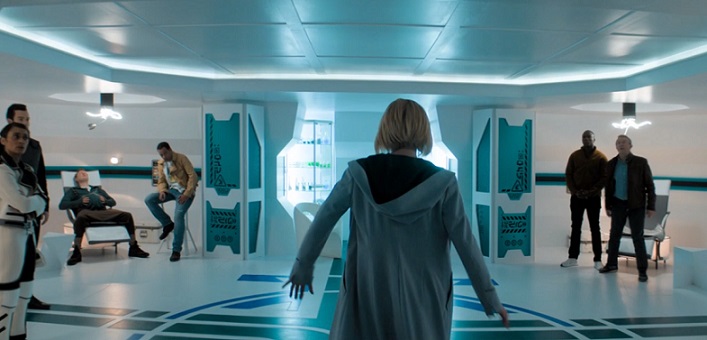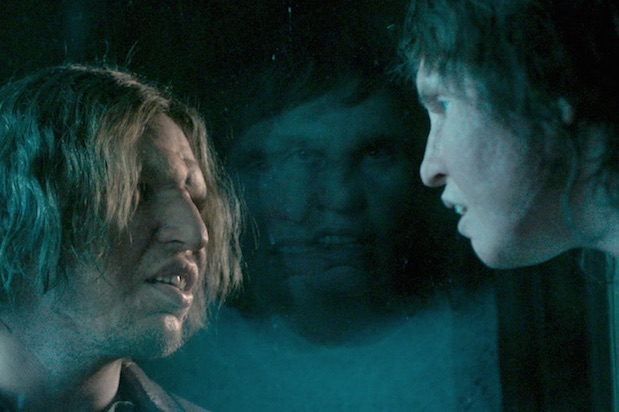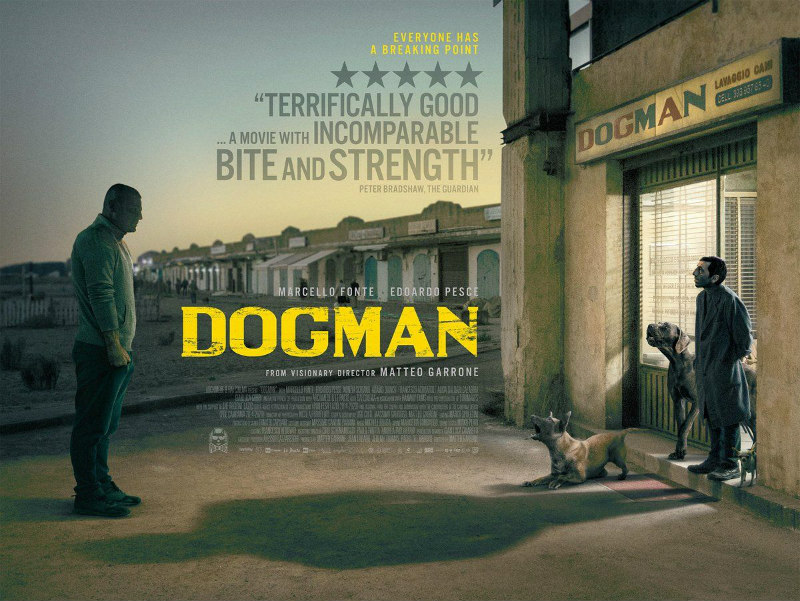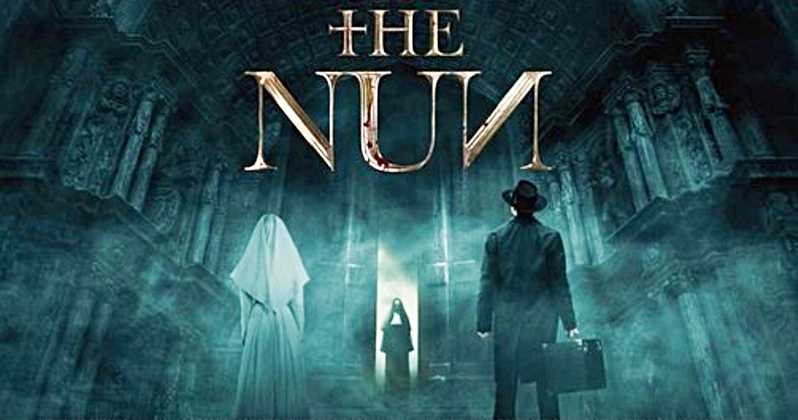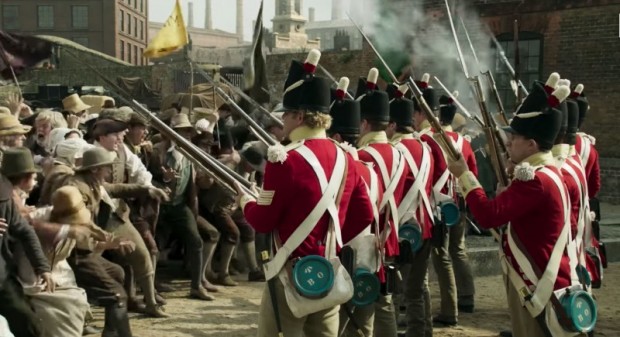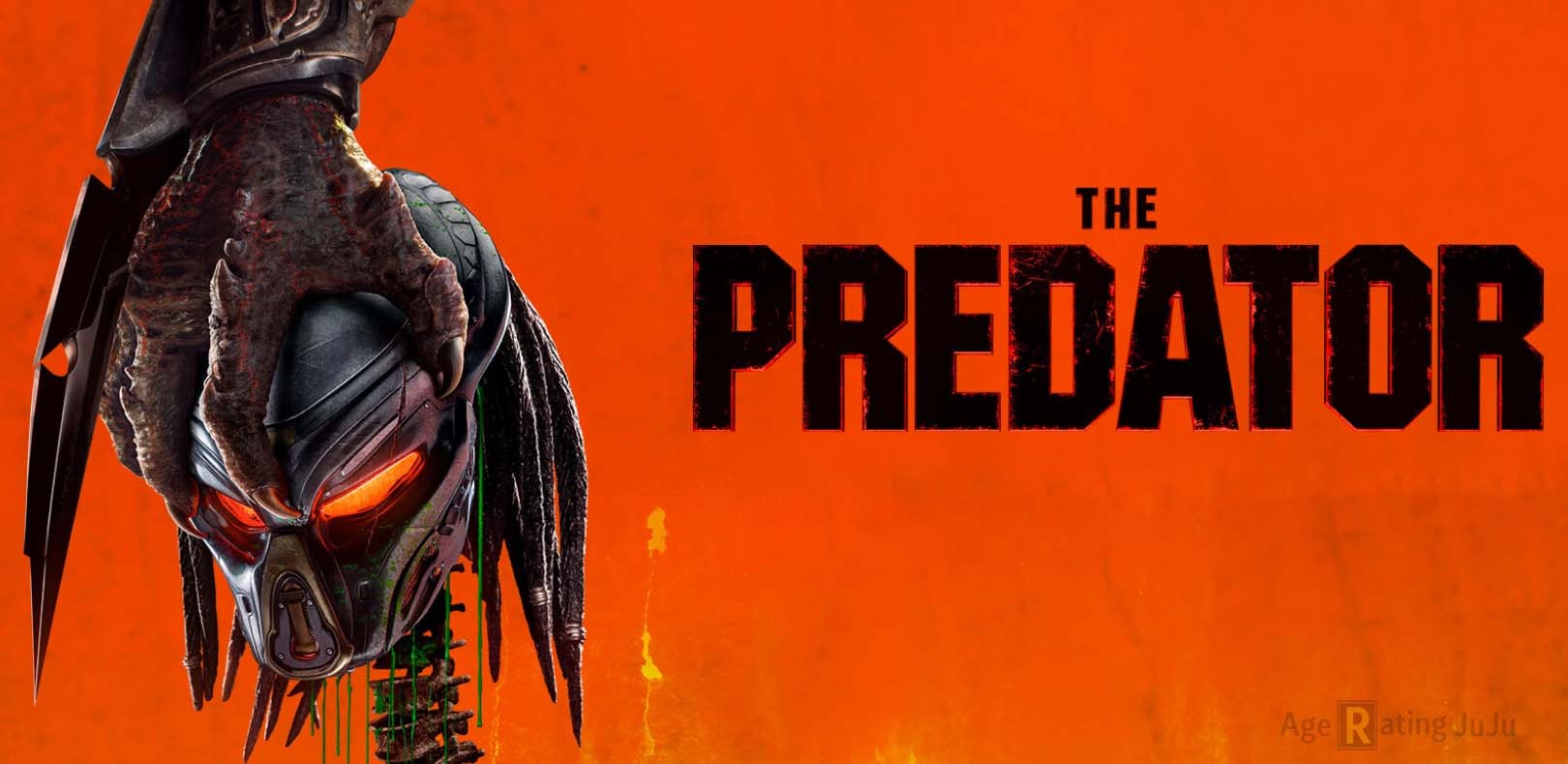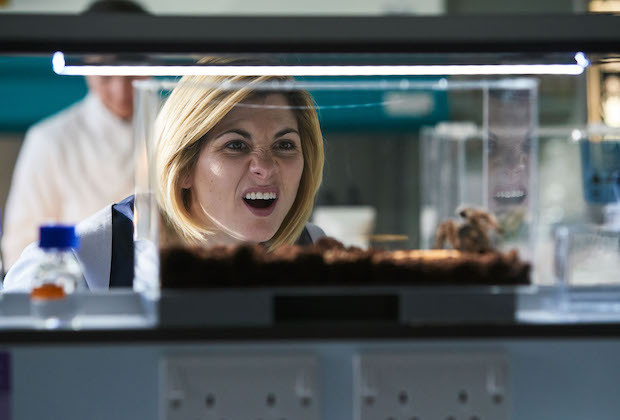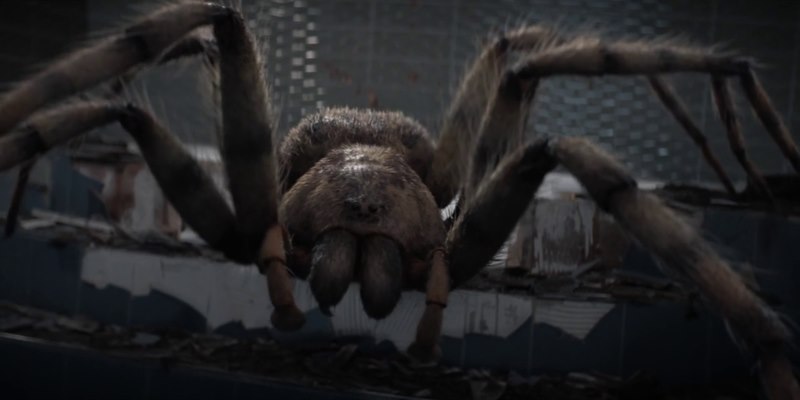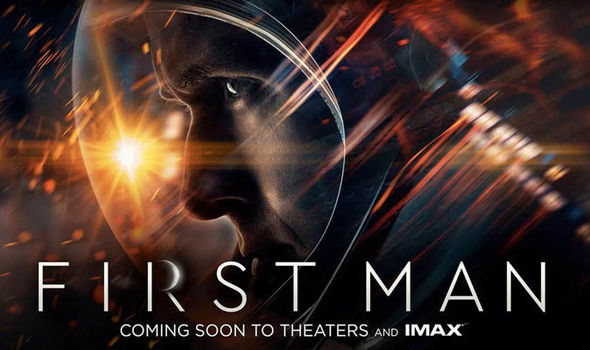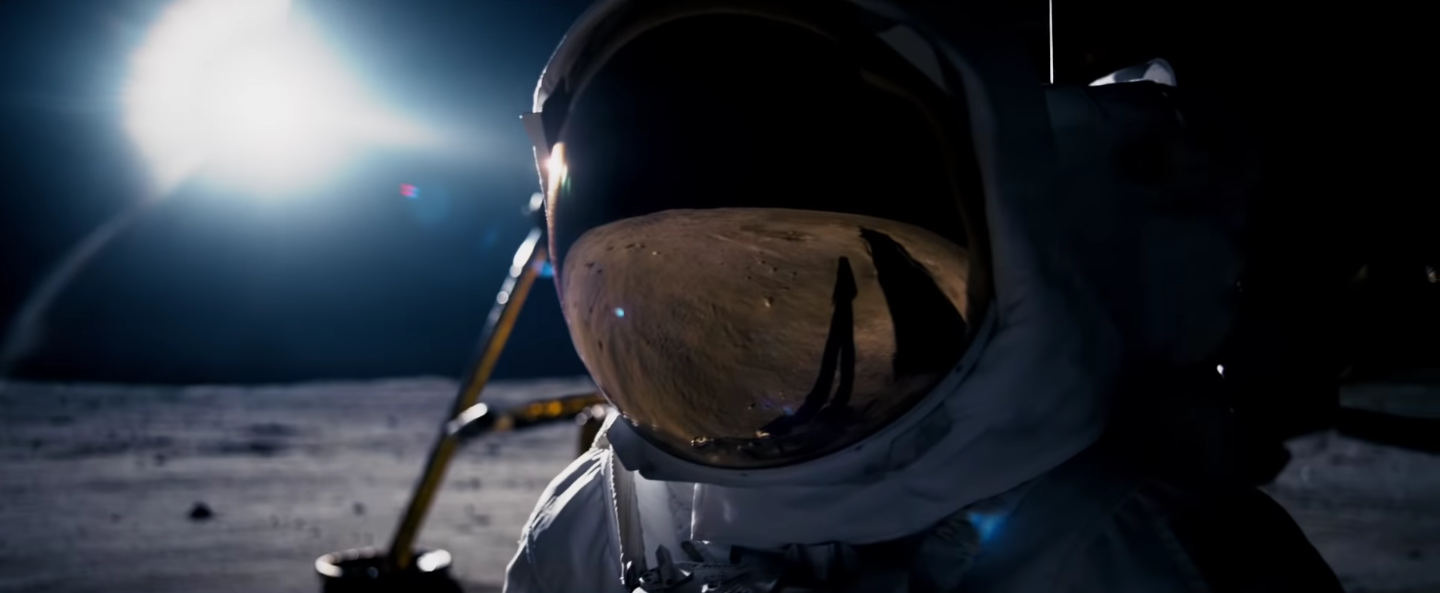DOCTOR WHO– S11 – EP. 8 REVIEW – THE WITCHFINDERS (2018)
Directed by: Sallie Aprahamian
Written by: Joy Wilkinson
Cast: Jodie Whittaker, Mandip Gill, Bradley Walsh, Tosin Cole, Alan Cumming, Siobhan Finneran, Tilly Steele, Tricia Kelly, Arthur Kay
Produced by: Alex Mercer
Executive producer(s): Chris Chibnall, Matt Strevens, Sam Hoyle
Composer: Segun Akinola
**MAY CONTAIN SPOILERS**

Well, after enjoying a number of this season’s episodes for fascinating writing and emotional exploration of important historical events, we finally got one that didn’t work for me on the whole. The Witchfinders found the Doctor and the now tiresomely named “gang”, in attempting to time travel to the Coronation of Elizabeth I, ending up in a bitter backward village in Lancashire. There they discover all manner of horrific deeds being dealt upon the women folk; all accused of witchcraft by the aptly named matriarch of the manor, Becca Savage.
It is announced by Savage – an excellent Siobhan Finneran – that Satan’s work is legion in the village and witches will be tried by dunking. If they survive and are able to breath under water then they are damned as a witch. Yet, if they drown they are not a witch. This medieval version of “Catch 22” was actually a real thing and while incredible to today’s woke audiences shows our ancestors in a very poor light. There is often some reflection and resonance to current times where Doctor Who is concerned and here there is no difference. Indeed, witch-hunts often occur in society now via the press or new-fangled “demon” – the damned social media.
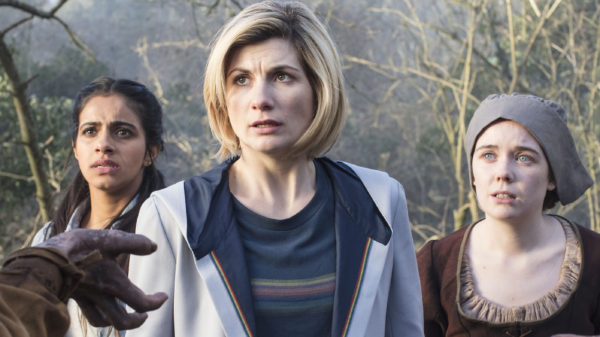
Along with Finneran as Savage, Alan Cumming also guest stars as King James I. It’s a slyly camp and arguably over-the-top performance that Cumming excels at and was enjoyable nonetheless. However, as the episode proceeded the strength of the witch-hunt ideas gave way to a really badly written script and the Doctor and Graham wearing hats anachronistically for weak comic effect. I guess the Doctor has a bit more action, rather than being a cypher for history; and at least finds herself in a bit more peril too. But I have to admit I don’t think Jodie Whittaker is getting hold of the role of the Doctor in the way her predecessors did. It’s almost as if she’s copying David Tennant or Matt Smith too much. It’s a shame, but you cannot just blame sloppy writing or directing, as it’s now clear Whittaker is not owning the role.
The ending of the episode, while containing some brilliant monsters, was so hurried. We got a barrage of exposition in a final face-off scene which also contained some very shoddy effects. The Witchfinders was therefore a bang average episode, which started very promisingly but drowned by the end in a lake of mediocrity. Indeed, if you go to YouTube you will find a plethora of postings which are decrying the end of Doctor Who as we know it. I myself believe it’s far too early to grab a torch and join that mob. Because, on the whole, the series has had some great episodes, but unfortunately this wasn’t one of them.



